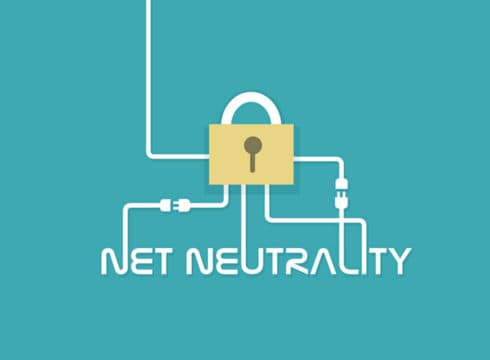In January, TRAI released a consultation paper on issues related to traffic management practice
In 2018, DoT accepted TRAI’s net neutrality recommendations released the previous year
TRAI sought stakeholder views on ways to detect net neutrality violations and more
Inc42 Daily Brief
Stay Ahead With Daily News & Analysis on India’s Tech & Startup Economy
The Telecom Regulatory Authority of India (TRAI) has extended the deadline for stakeholder comments and counter-comments on its discussion paper on net neutrality rules.
The authority said that it is now seeking comments by February 13 instead of January 30, and counter-comments must be filed by February 27 instead of the earlier deadline of February 13, following requests from stakeholders.
Earlier this month, TRAI released a new consultation paper on issues related to traffic management practices and the setting up of a multi-stakeholder body on net neutrality. The paper discusses various challenges in the measurement of internet traffic and suggests reasonable traffic management practices
For the uninitiated, net neutrality is the principle that the quality of service should be the same for all users, regardless of which services they access or which digital partners have signed up with the service provider. Net neutrality says ISPs do not have the power to discriminate against certain companies, types of content or users.
In August 2018, the department of telecommunications (DoT) had accepted TRAI’s November 2017 net neutrality recommendations. DoT had asked TRAI to “recommend the composition, functions, role and responsibilities of the multi-stakeholder body”. It had also asked the regulatory body to “recommend necessary traffic management practices for consideration of the DoT.”
In its recommendations on net neutrality issued in November 2017, TRAI had proposed that in addition to direct monitoring and enforcement actions, there should be a “collaborative mechanism to deepen the knowledge of various stakeholders on issues relating to traffic management, implementation of exceptions, implementation of transparency measures, and other relevant aspects.”
The latest paper released by TRAI suggested a mechanism for reasonable Internet traffic management to ensure that quality of service remains the same for all users while preserving the security of networks and providing for emergency services. The paper also said that there should be provisions to implement court orders and government directions, as long as they are transparent and the impact on users is declared.
The TRAI paper has sought stakeholder views on ways to detect net neutrality violations, especially when methods such as crowdsourcing or sample field measurements could be deployed, or whether an audit of processes undertaken by telcos for avoiding such violations was the way forward.
As per the latest numbers available with TRAI, the total number of telephone subscribers in India were 1,175.88 Mn at the end of November 2019. Further, India has a total of 665.31 Mn internet subscribers, out of which, wired internet subscribers are 21.6 Mn and wireless internet subscribers are 643.6 Mn.
{{#name}}{{name}}{{/name}}{{^name}}-{{/name}}
{{#description}}{{description}}...{{/description}}{{^description}}-{{/description}}
Note: We at Inc42 take our ethics very seriously. More information about it can be found here.


